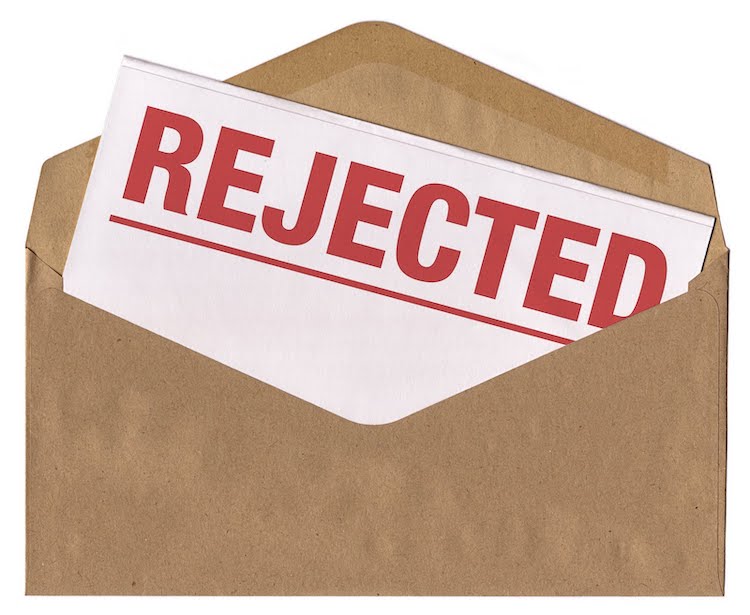No one likes getting turned down for a job and receiving a job rejection email can be overwhelming. You may be thinking just ignore it. While it’s not really required to reply to it, a polite response is a better option. It is not just an act of courtesy, but also shows your professionalism and helps you build soft skills that are much needed for professional growth and development. The first question you may have in mind is “how to respond to a job rejection email”?
Before proceeding further to know how to respond to a job rejection email, you must know how responding to a job rejection letter can be beneficial for you.
- It can be a networking opportunity; by building a positive relationship with the employer you are actually increasing your chances of landing a better opportunity in the future. So, if you are on a job hunt and looking to get a good paying job, responding to job rejection letters should be on your list of to-dos.
- There’s a possibility that most candidates who got the same rejection letter, didn’t respond to it. In a situation when the candidate who had been hired stepped back (accepted another offer), or at a later stage the company found he’s not a good fit, your chances of getting that position will be higher simply because of responding to the rejection letter and getting noticed.
This article will discuss a few important and easy steps on how to respond to a job rejection email, so you can craft your own response and write a professional email to build a connection with employers.

3 Steps Guide on How to Respond to a Job Rejection Email
Here are three easy steps to craft a polite and professional response to a job rejection email that can help you build connections with employers and achieve professional growth in the long run.
1- Build Resilience
Before you craft a message for responding to a job rejection email, it is necessary to think constructively. Furthermore, consider each setback as a challenge to grow and know that overcoming these small obstacles on your career path will increase your chances of landing the right role.
Moreover, building the ability to bounce back and deal with disappointment is the key ingredient of long-term professional growth and development.
2- Gather Some Positive Thoughts
There can be tens of positive things to be mentioned in response to a job rejection letter, and here are a few ideas.
- Thank the employer/hiring manager for letting you know their decision.
- Express your disappointment (in a positive tone) over the news.
- Show a continued interest.
- Ask for detailed feedback.
Outline your response with these thoughts.
3- Craft a Professional Message
Once you have an outline for the response to a job rejection letter, you can craft a brief message with it. Here are some points you may want to include in the detailed message.
- Start the message with a thank you note as showing gratitude is a great way to start the email.
- Expressing your disappointment in a positive tone shows that you are genuinely interested in the position and company, but make sure to keep this very brief, i.e. one or two sentences only.
- Explicitly showing your continued interest is a good way to confirm that you’d still like to be considered for future opportunities, but not overstate it.
- Ask for feedback only if you are at the early-career level, i.e student, intern, etc. Make sure to ask for feedback respectfully.
- Review your message twice before sending it out and make sure it is free of grammatical and structural mistakes. Using Grammarly plugin for Chrome is the best way to ensure this.
Sample Job Rejection Email Response
I am sure, with the above steps you can craft a professional response to a job rejection email. However, if you still think you need some more help, below is a sample of an email response to a job rejection notification.
“Dear {Hiring Manager Name},
Thank you for getting back to me with your decision.
Though I’m disappointed to hear that I was not selected for the {Job Title} position, I genuinely appreciate the interview opportunity. It was great meeting some of your team members and learning about your organization.
I would love to be considered for any future job openings that may become available.
I would highly appreciate it if you can spare a few minutes to provide any feedback you have regarding my application and interview. I’m sure your feedback will be helpful for my professional growth.
Thank you again for your time and consideration.
Sincerely,
{Your Full Name}
The Bottom Line
I am sure, you have it all to respond to a job rejection email politely and professionally. However, if you still need more help, download this job rejection letter response template.
You may also find some of the following articles and guides useful for professional growth and climbing the career ladder.
How to Get a Job in a New City Before Moving There
Employment Agencies in the USA


